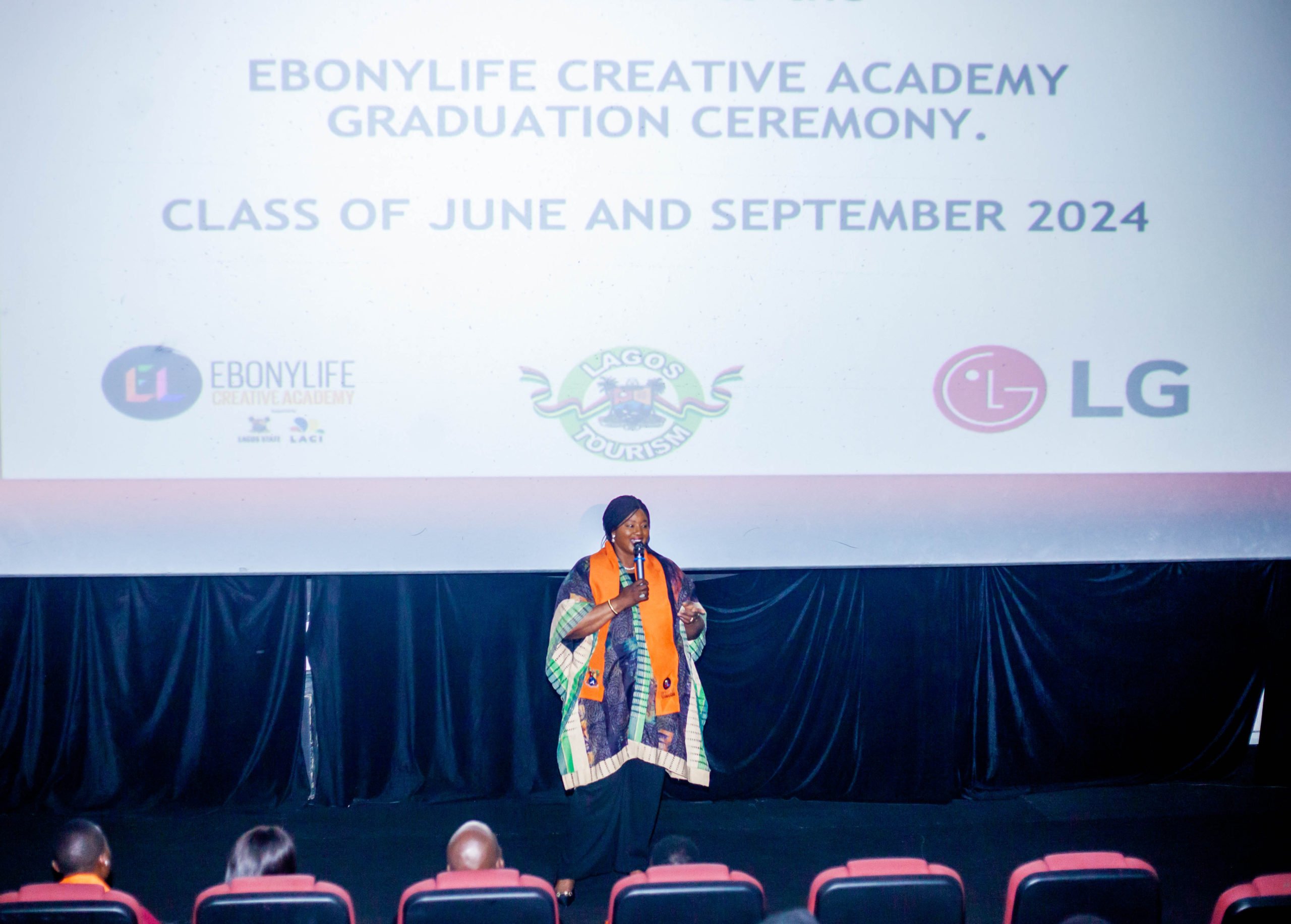In a landmark moment for Nigerian cinema, My Father’s Shadow, directed by Akinola Davies Jr., has become the first Nigerian film to be officially selected for the Cannes Film Festival’s Un Certain Regard section. This achievement not only signifies international recognition for Nigerian storytelling but also heralds a new chapter for Nollywood on the global stage.
My Father’s Shadow is a semi-autobiographical film co-written by Akinola Davies Jr. and his brother, Wale Davies. The narrative unfolds over a single day in 1993, a pivotal moment in Nigerian history marked by the annulled presidential elections. The story follows two young brothers, Remi and Akin, portrayed by real-life siblings Godwin and Chibuike Marvellous Egbo, as they embark on an unexpected journey with their estranged father, Folarin, played by Ṣọpẹ́ Dìrísù. Their day in Lagos becomes a poignant exploration of familial bonds set against the backdrop of national unrest.
The film delves into themes of masculinity, identity, and the complexities of father-son relationships. Davies Jr., who lost his father at a young age, channels personal experiences to craft a narrative that resonates with universal emotions of longing and reconciliation. The juxtaposition of personal and political narratives offers a nuanced perspective on Nigeria’s socio-political landscape during a time of significant upheaval.
The inclusion of My Father’s Shadow in Cannes’ Un Certain Regard section marks a significant milestone for Nigerian cinema. The film received a Special Mention for the Caméra d’Or, an award recognizing the best first feature film presented in any of the festival’s selections. Critics have lauded the film for its emotional depth and cinematic excellence. The Guardian described it as a “subtle and intelligent coming-of-age tale,” while IndieWire praised it as a “beautifully remembered drama” .
The film’s success at Cannes has also led to its acquisition by streaming platform Mubi for distribution in North America, the UK, Ireland, and Turkey, ensuring that the film reaches a global audience.
The historic selection of has broader implications for the Nigerian film industry, commonly known as Nollywood. Traditionally characterized by its prolific output and grassroots storytelling, Nollywood has often been overlooked by major international film festivals. This recognition signals a shift, highlighting the industry’s potential for producing films that meet global cinematic standards while retaining authentic Nigerian narratives.
The Nigerian Film Corporation (NFC) has acknowledged the significance of this achievement, viewing it as an opportunity to attract support and resources for the nation’s film industry. Dr. Ali Nuhu, chief executive of the NFC, emphasized the importance of strategic engagements to promote Nigeria’s creative content on the global stage .
So this film sets a precedent or a new aspirational ceiling for future Nigerian films aspiring to gain international recognition. It demonstrates that deeply personal stories, when told with authenticity and cinematic finesse, can transcend cultural boundaries and resonate with global audiences.
Itssuccess also underscores the importance of creating spaces for diverse narratives within the global film industry. As Akinola Davies Jr. stated, “It’s a testament to talent that’s around in Nigeria. It’s a testament to the stories that are there. It’s a testament to the industry that’s flourishing” .
This historic selection this marks a transformative moment for Nigerian cinema. It not only honors the personal journey of its creators but also paves the way for a new era of Nigerian storytelling that is globally recognized and celebrated. As the film continues to garner acclaim, it serves as an inspiration for filmmakers across Nigeria and the African continent to pursue authentic narratives that reflect their unique cultural experiences.
With My Father’s Shadow, Nigerian cinema has stepped onto the world stage, signaling a promising future where its stories are not only told but also revered worldwide.
Let the re-branding of Nollywood begin.














